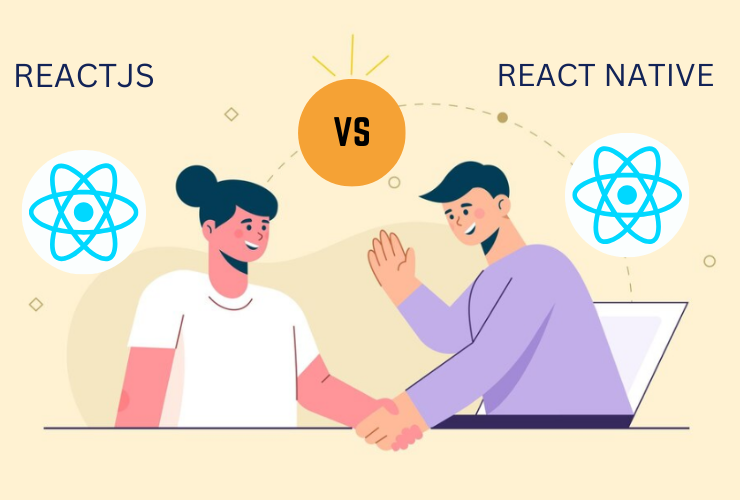In the fast-expanding e-commerce arena, B2B (business-to-business) e-commerce is gaining ever-growing significance. Once the preserve of face-to-face communication, B2B business has made the move online, allowing companies to automate processes, access more customers, and improve their efficiency. Shopify, best known for its B2C (business-to-consumer) e-commerce offerings, is transforming itself into a serious contender in the B2B e-commerce market. But why is Shopify a good platform for B2B companies, and what do you need to know before tapping into the world of B2B e-commerce with Shopify? Let’s find out.
1. Shopify’s B2B Capabilities: The Basics
Shopify is an easy-to-use platform largely responsible for assisting small and medium-sized enterprises in selling goods to customers online. Nevertheless, Shopify has made notable advances in the B2B market with newer releases, providing capabilities that support business-to-business sales. By providing Shopify Plus, its enterprise offering, Shopify now enables companies to set up B2B stores that manage bulk orders, customer segmentation, and more.
Although Shopify’s B2B features are not as powerful as some specialist B2B platforms, it has sufficient functionality to satisfy the requirements of most businesses. Shopify Plus offers the ability to offer customized pricing, building a tailored customer experience for wholesale customers. Additionally, it accommodates advanced payment methods and can be combined with third-party B2B apps to add more capabilities.
2. Custom Pricing for B2B Customers
One of the most important issues in B2B e-commerce is providing custom pricing according to customer requirements, order quantity, or contract duration. Shopify Plus enables companies to assign specific price levels for various customers or customer groups. This enables you to define volume discounts, promotional prices, and provide special offers depending on location or customer loyalty.
The capacity to provide customized pricing allows companies to serve wholesale buyers and have strong relationships by being able to offer more competitive prices. Shopify also allows companies to create custom invoices and payment terms, offering a more B2B-friendly experience.
3. Bulk Ordering Simplified
B2B business is usually based on bulk purchases of products. Shopify’s system is capable of managing bulk orders in an efficient manner. The customers can add large numbers of products to cart at a very fast pace, and Shopify also facilitates businesses to establish minimum order quantities, provide bulk discounts, and even connect tools that allow customers to re-order products in bulk.
This feature makes the platform well-suited for wholesale buyers, where purchasing in bulk is a typical expectation. Shopify also integrates with inventory management tools, allowing businesses to track their stock and automatically update product availability, further enhancing the experience for B2B customers.
4. Managing B2B Customers with Customer Segmentation
Effective customer management is critical in B2B e-commerce. Shopify provides a robust customer segmentation feature that allows businesses to segment customers into different groups based on several parameters such as purchase history, location, and buying behavior. With segmentation, it becomes simple to implement specific pricing, shipping charges, and product availability to different segments of customers.
With improved customer segmentation, companies can maximize their marketing initiatives, provide more personalized experiences, and achieve higher customer satisfaction. Shopify’s adaptability enables companies to handle relationships across many types of B2B customers, ranging from bulk buyers to resellers and repeat customers.
5. Integrated Payment Solutions and Flexible Checkout
Payment options in B2B sales may be more involved than what is common in B2C sales. Shopify makes the process easy by incorporating a variety of payment methods to meet different levels of B2B requirements. Companies can provide varying payment terms, including net-30, net-60, or credit line, where wholesale customers can pay for their products over time.
Secondly, Shopify checkout can be tailored to suit certain B2B needs. For example, you can provide customized checkout experiences, for example, providing the option of buying on account, requesting quotes, or accepting purchase orders.
6. Streamlined Shipping and Fulfillment for B2B
B2B orders are frequently larger quantities, special packaging, or set delivery schedules. Shopify accommodates third-party logistics (3PL) providers and shipping solutions majorly, thereby making it easier to manage larger quantities. Furthermore, the platform accommodates various features such as multiple shipping addresses for bulk orders, bulk invoicing, and real-time tracking, which may be used to automate the process of fulfillment.
Shopify Plus further enables companies to implement custom shipping rules by location, order weight, and so forth, enabling a more flexible approach to shipping in B2B environments.
7. Shopify for B2B: Integration with Other Systems
For most B2B companies, integrating with other business applications like ERPs, CRMs, and accounting solutions is essential. Shopify provides hassle-free integration with several third-party platforms, so companies can ensure that there is real-time syncing of data between multiple platforms. The integrations streamline the procedure for handling customer orders, monitoring stock, and handling payments.
For companies seeking more B2B functionality, there are numerous Shopify apps that can increase functionality, including quote, order management, and advanced reporting apps. This gives companies the ability to grow and scale their operations when necessary.
8. Why Shopify for B2B E-Commerce?
Shopify is not necessarily the most specialized B2B e-commerce solution, but it has a tremendous combination of simplicity, scalability, and flexibility. It is a great option for companies that want a user-friendly platform to manage B2B operations without having to become overly technical.
For companies who are already utilizing Shopify for their B2C businesses, it is easy to switch to B2B. With the bonus value of Shopify Plus, variable pricing, payment versatility, and the integration of third-party tools, Shopify can be a viable option for most B2B companies wanting to grow online.
Conclusion
Shopify is becoming more of a trusted platform for B2B e-commerce, offering companies the tools and versatility they require to serve wholesale clients. With customizable pricing, bulk order management, integration options, and payment solutions, Shopify is establishing itself as a formidable player in the B2B arena. Whether you’re a small company just starting out in B2B e-commerce or a large enterprise looking to automate your B2B processes, Shopify provides a powerful, scalable solution for achieving success in the competitive B2B market.
Contact Us Today













 Database Development
Database Development












































